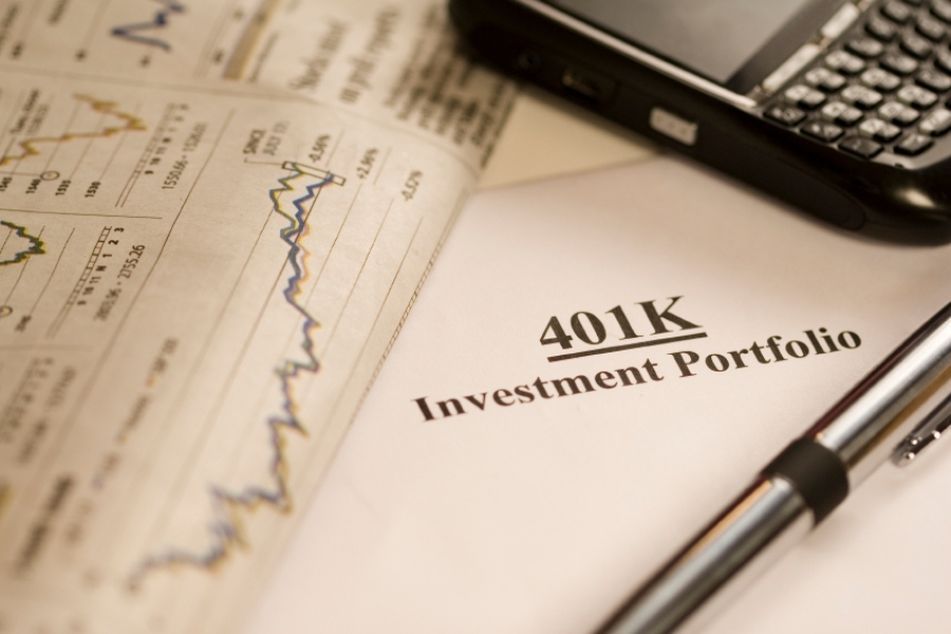Market volatility likely to prompt 401(k) plan menu changes

Retirement plan sponsors might change their views on risk, especially for participants near retirement
Retirement plan sponsors will likely have a different view of investing by the time the stock market recovers, and that could result in changes to 401(k) menus, according to several sources.
That would affect target-date funds, the most common default option in 401(k) plans. But much depends on how quickly those products can overcome the performance losses they’ve experienced this year.
It could be a repeat of what happened following the 2008 financial crisis. Many investors who were near retirement at the time lost a big chunk of their target-date fund assets. In response, plan sponsors began seeking target-date products that were designed to be less risky for near-retirees. Product makers pulled back on equities allocations in their target-date funds, but, after an 11-year bull market that has rewarded aggressive portfolios, they’ve again readjusted risk levels, making them higher than ever.
[Video: By the Numbers: Bitcoin and Alternative Assets]
“Back in ’08, [the average] equity exposure was 47.6% for a 63-year-old [in a target-date fund],” said James Veneruso, defined-contribution consultant at Callan. “Today that number is higher. It’s 48.7%.”
The consequences were severe for near-retirement target-date investors in 2008, and regulators took notice.
“In 2008 there were $200 billion in target-date funds. That still created an uproar, [leading to] the first and only joint hearings of the SEC and the DOL,” said Ron Surz, president of target-date design firm Target Date Solutions. “Now, there are $2.5 trillion in target-date funds. … If [a correction] hurt in 2008, it is hurting 10 times more today.”
[Navigating 2020: Optimizing your practice during the COVID-19 outbreak]
Surz’s glide path is used by collective investment trust administrators Hand Benefits & Trust. Unlike most target-date series, which gradually shift allocations from equities to bonds over time, the Target Date Solutions glide path is U-shaped, meaning that risk starts out high, reaches a low point by the time an investor retires and then shifts to riskier invests again.
That series had year-to-date returns through March 24 of -1.94% for its 2020 portfolio, making it the top-performing in-retirement target-date product in the U.S., Surz said, citing Morningstar Direct data.
Regarding the increasing level of risk target-date products across the industry, “the lesson of 2008 was forgotten very quickly,” Surz said. Going forward, “I don’t think the industry should just say, ‘We’ve got another 12-year run ahead of us.’”
However, the most stock-fund-heavy target-date series could also experience the biggest rebounds, when markets recover. And investment providers will market their products accordingly, said Scott Buffington, CEO of 401kplans.com.
“Any organization is going to adjust their sales story based on how their products performed,” he said. After 2008, for example, the most risk-averse series touted their strong performance, while risker products that recovered quickly “couldn’t wait for that year to fall off [their] historical track record,” he said.
Following the current bear market, “you might see a lot of fund changes” in 401(k) plans, he said.
Last year, performance was the third-most cited criterion that plan sponsors considered in evaluating target-date products, behind fees and portfolio construction, according to Callan’s 2020 DC Trends Survey.
Regarding portfolio construction, something plan sponsors will likely consider this year is how well the alternative assets in target-date series helped performance, Veneruso said.
There could also be consequences for retirement plan advisers who have sold custom-managed portfolios to their clients, said Jamie Greenleaf, lead adviser and principal at Cafaro Greenleaf.
“Now is going to be a very interesting time to see, would you have been better off in the target-date fund family or the managed portfolio? And what was the cost difference of those two?” Greenleaf said. “That’s where there are going to be potential changes in the plan menu.”
With 401(k) savers experiencing financial losses, plan sponsors will also be considering asset-preservation options, Veneruso said. That could mean wider use of annuities in plans, he noted.
But sponsors are also going to revisit the stable-value and money-market options in their plans, he said. While prime money-market funds have seen higher yields during good times, they have not been as stable amid the recent volatility as government money-market funds, he noted.
Investors in general will be looking at performance, both from absolute and relative perspectives, said Tim Baldes, head of the manager research group at Edward Jones.
“This is going to affect fund flow activity,” Baldes said. “This is going to lead to decisions being made, which may or may not lead to action.”
It could be a time for active management to show its value, he said. Over the long-running bull market, there was a perception that active managers faced headwinds, with the strong market generally favoring index funds, he said.
Based on performance in the coming months, “That’s going to just accelerate that [passive-versus-active] conversation even further,” Baldes said.
Learn more about reprints and licensing for this article.








